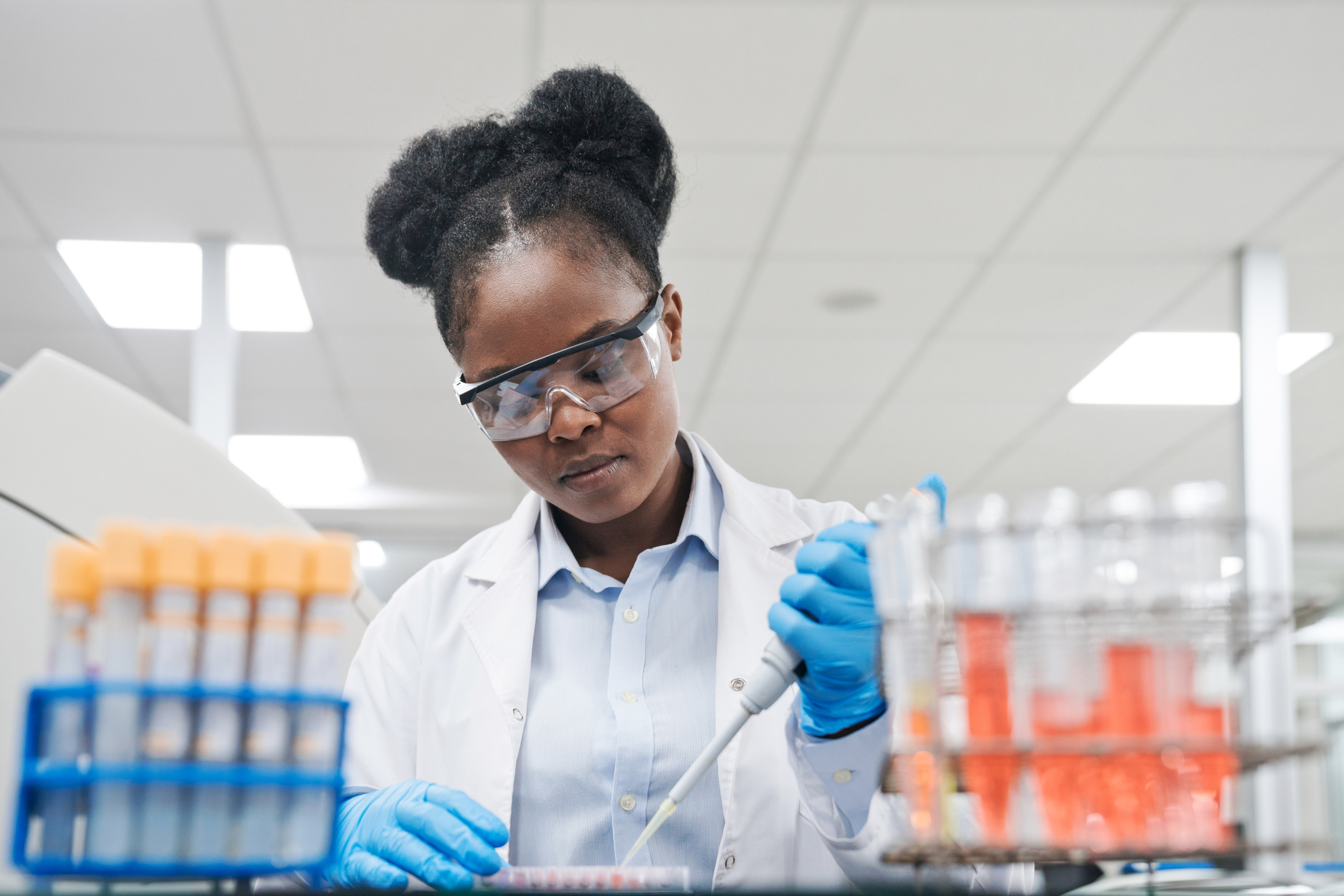By Kyra Allessandrini
South Carolina State University was allocated $8 million by the state to fund STEM research and help develop the Savannah River National Laboratory, which provides students with hands-on experience.
“This investment underscores the state’s commitment to preparing our students for the jobs of tomorrow, ensuring they have the skills and knowledge needed to thrive in a rapidly evolving STEM world,” Dr. Frederick Evans, SC State’s provost and VP for academic affairs, said in a press release. “Expanding access to STEM education empowers our youth to innovate, create, and drive our state’s future economic success.”
The state allocated an initial $40 million toward the Research Partnerships and Workforce Training Programs, which encompasses SC State, the University of South Carolina and Clemson University. SC State will receive $8 million and was promised additional funding as objectives are met. The institution outlined a five-year plan, during which the initial grant will offer support for the first two years, while additional funding would be allocated later on. SC State is hoping to reach Research II status, which would allow the university to apply for more federal and corporate funding for research-driven initiatives.
“The $8 Million allocation is a huge blessing to the university and the STEM-T College,” SC State dean Dr. Stanley Ihekweazu said in the same press release mentioned earlier. “Through this appropriation, we hope to be able to do a number of things including but not limited to hiring research scientists to conduct research especially as we quicken our steps into R2 status, offering scholarships to students, and acquiring needed equipment.”
The funding will go toward supporting the employment of 12 new research faculty in environmental engineering, biology, chemistry and radiochemistry, health physics, nuclear engineering, as well as cybersecurity and networking. It will also help develop three STEM centers on campus and establish two pre-college institutes — one for young students and one for teachers. The recent allocation will fund scholarships and internships for undergraduate students, as well as develop lab facilities.

